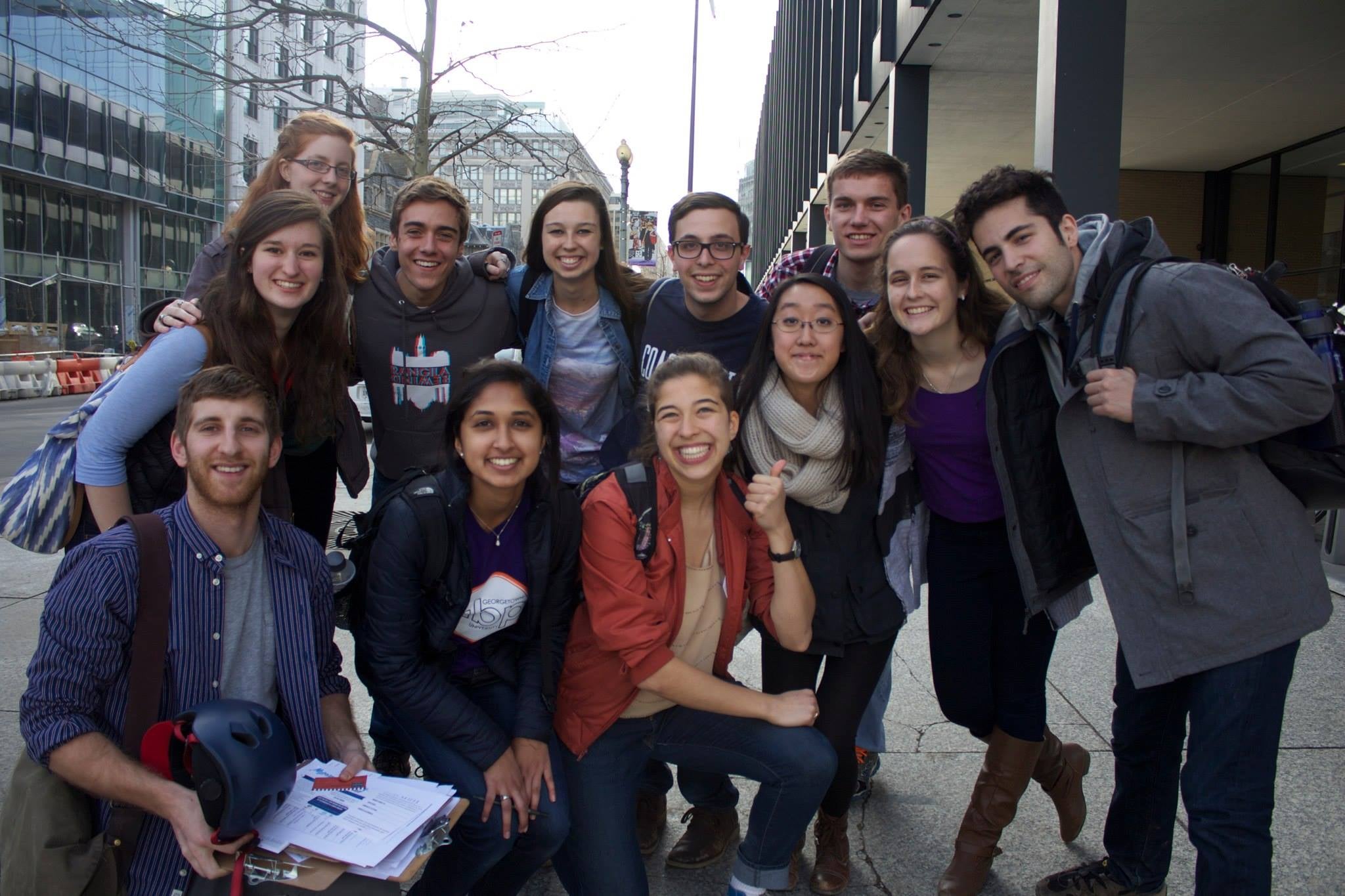WCP: Women Hold the Keys to New Working-Class Prosperity
Posted in Visiting Scholars Women Innovating Labor Leadership | Tagged CIWO, Economic Justice, Feminism, Georgetown, John Russo, KI, Lane Windham, Rutgers, Scheduling, Sherry Linkon, WCP, WILL Empower, Women, Women Innovating Labor Leadership, Working-Class Perspectives
Pundits use ‘working class’ as a shorthand for white blue-collar men, but the American worker today is just as likely to be a woman of color in the service or healthcare industry. In this week’s Working-Class Perspective, Lane Windham makes the case for promoting women’s leadership in the labor movement and introduces an ambitious project seeking to do just that.
“Today’s workers are women, and they’re also mothers and caregivers. Four in 10 American households with children include a mother who is either the sole or primary wage earner. Yet the nation has not yet dealt with women’s basic issues as workers, and societal and economic structures still assume a male, industrial breadwinner. Unlike other industrial nations, the U.S. doesn’t have robust child care and family leave policies.
Working-class people often face long hours and unpredictable schedules that are impossible to square with family life. In most households, women still do most of the cleaning and cooking, doing the double duty of paid work and family caregiving. One recent AFL-CIO report found that women have less than forty minutes a day of personal time after fulfilling all their other responsibilities.
This is why issues that matter for all working families — universal child care and pre-K, paid family leave, free college and guaranteed fair scheduling, affordable housing, and fair wages — are especially important for working-class women. Wealthier families can afford privatized versions of these essential tools. They can hire nannies, afford unpaid leave, pay for college, and cover the mortgage. But working-class women are left to fend for themselves in an increasingly precarious economy.
Women are the core of the new working-class, and their concerns make up the nation’s most pressing working-class issues. That’s why women’s leadership – – especially among women of color — will be critical for a new working-class movement.
This is the goal of a new joint project by Georgetown University’s Kalmanovitz Initiative for Labor and the Working Poor and Rutgers University’s Center for Innovations in Worker Organization. WILL Empower (Women Innovating Labor Leadership) will identify, nurture, and train a new generation of women leaders for today’s workers’ movement. Participants will benefit from training and mentoring, apprenticeships, fellowships, and a public advocacy and research platform. The project will help seed a new generation of women leaders who can help convene and lead a cross organizational collaboration to mobilize the full potential of today’s working class.
WILL Empower builds on the fact that women are already at the leading edge of the resistance. With five million global participants, the Women’s March on Washington was perhaps the largest political mobilization in history. Women’s leadership mobilized both men and women to express their outrage at the new political order. Women have continued to march, huddle, strike, and organize since January, among them legions of young women workers. A Day Without a Woman further spotlighted women’s role in the economy, and working-class women also drove a Day Without Immigrants.
The project will amplify women’s emerging role as the face of the 21st century workers’ movement, a movement that blends traditional unions and “alt-labor” organizations, like workers’ centers and wage campaigns. By 2023, a majority of union members will be female, and women are already leading many of the nation’s largest unions, like the NEA, AFT and SEIU. Women have been key leaders in new worker organizations, especially young women of color – – like at the National Domestic Workers’ Alliance and the National Taxi Workers’ Alliance.
A newly-mobilized working class could reshape the nation’s economic and political landscape. Yet in order to build a winning movement for these times, working-class women’s issues and leadership must be front and center to progressive core strategies, policies and organizations. Women, it seems, hold the keys to the way forward.”
Read the entire post (new window) and check out other Working-Class Perspectives posts on our website.

